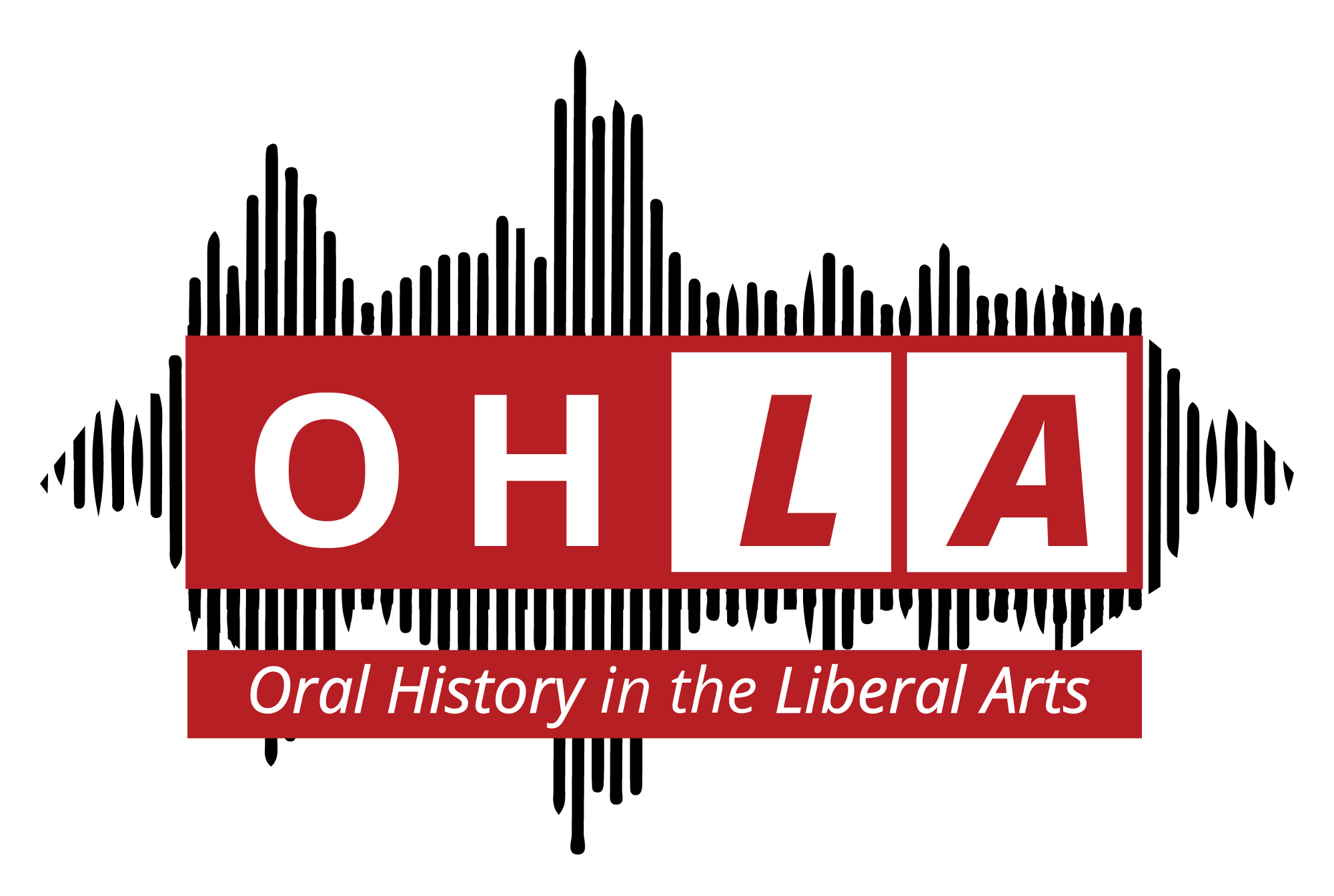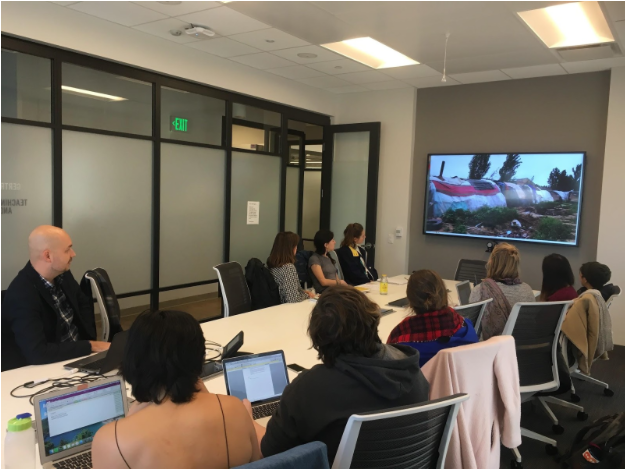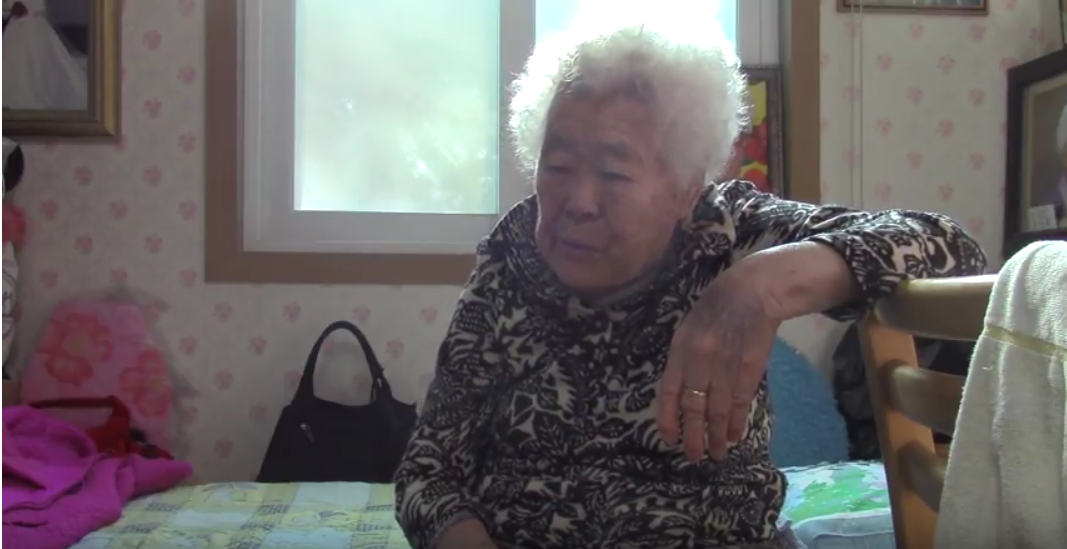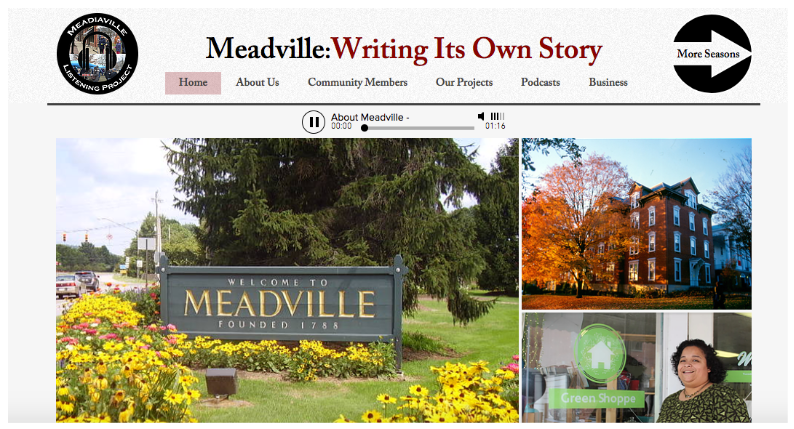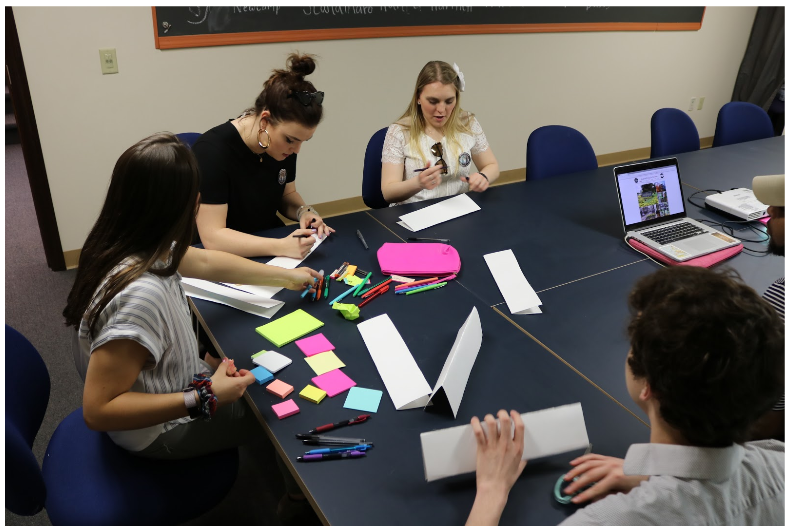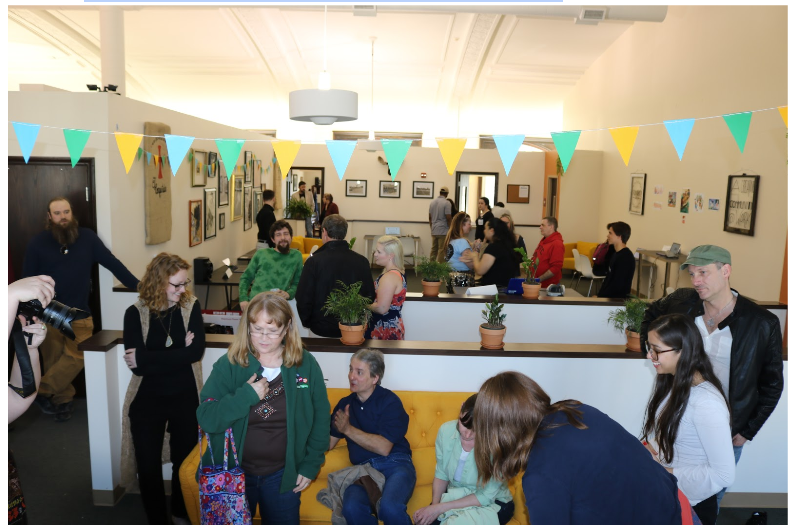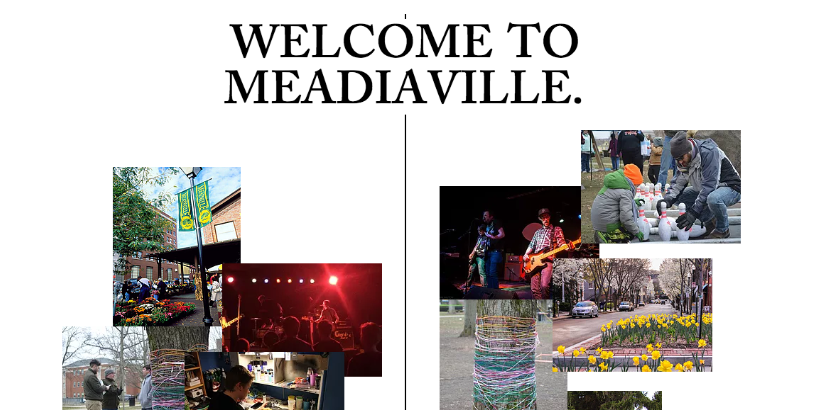So where does one start when considering the possibility of integrating oral history within a literature class?
Learning goals.
I offer this too simple of an answer even when I know that my aims for involving students in oral histories speak to more than “academic” goals. In my partnership with Kalamazoo’s Society for History and Racial Equity (SHARE) and their Racial Healing Initiative, for instance, I am especially drawn to this notion of “healing.” The interpersonal dynamic of the interview process in the service of confronting the legacy of racism goes beyond essays and exams. But how does one assess healing or personal development? How does one measure the growing capacity to listen, to reserve judgment, to generate a commitment to archiving another’s story, to both lose and better see oneself, to understand that the past is ever-present?
But what might be termed aspirational outcomes, I would argue, are not be possible without an intentional positioning of oral history within specific learning objectives, a positioning with an eye toward meeting and sustaining community needs. Storytellers and collaborators should have confidence that their narratives serve more than the fleeting curiosity of students and teacher. There needs to be a well-conceived relationship between course content and living storyteller, between what is read and heard.
Here is where it might be useful to be more specific, though every course is unique in its own way. My long-term integration of oral history came in relation to a senior seminar on James Baldwin (Building the Archive: Baldwin and His Legacy). At Kalamazoo College, Baldwin delivered his address “In Search of a Majority” (later published in Nobody Knows My Name) in November of 1960. That he left an imprint at the college through a talk to past students offered one important historical and conceptual link. Present and past students engage as listeners upon the local and national stage concerning civil rights.
Even if Baldwin had not stepped foot on campus, however, his writing left an important legacy, one that came forth powerfully in Raoul Peck’s I Am Not Your Negro. Moreover, he speaks constantly about the importance of history and how it exists in the present. He writes: “History, as nearly no one seems to know, is not merely something to be read. And it does not refer merely, or even principally, to the past. On the contrary, the great force of history comes from the fact that we carry it within us, are unconsciously controlled by it in many ways, and history is literally present in all that we do. It could scarcely be otherwise, since it is to history that we owe our frames of reference, our identities, and our aspirations.” Deeper learning and respectful partnering builds upon this coherent movement from college history to the legacy of Baldwin’s writing to the narratives of community members involved with or influenced by the civil rights movement. In short, interviewees and interviewers understand that they are part of a larger story.
The following learning outcomes, then, endeavor to link content related to the work of James Baldwin to the stories that give his writing (and the civil rights period) further context. We aim
- to develop a close understanding of Baldwin’s writings, his contribution to the civil rights period, and his ongoing relevance to questions concerning personal and cultural identity,
- to examine the archival record directly and indirectly associated with Baldwin’s visit as a means to generate a thick description of his influence and the politics of race and representation,
- to seek/create, contextualize, and reflect upon archival material and oral histories as a means to engage directly in the dialogue on race, sexuality, and social justice, and
- to deepen an understanding of Baldwin’s work by exploring scholarship on the author, his milieu, and contemporary responses to his literary legacy.
In relation to these goals, oral history pedagogy offers the opportunity to connect students and storytellers. For all participants, there is a greater potential for critical (and current) attention to shared historical legacies.
